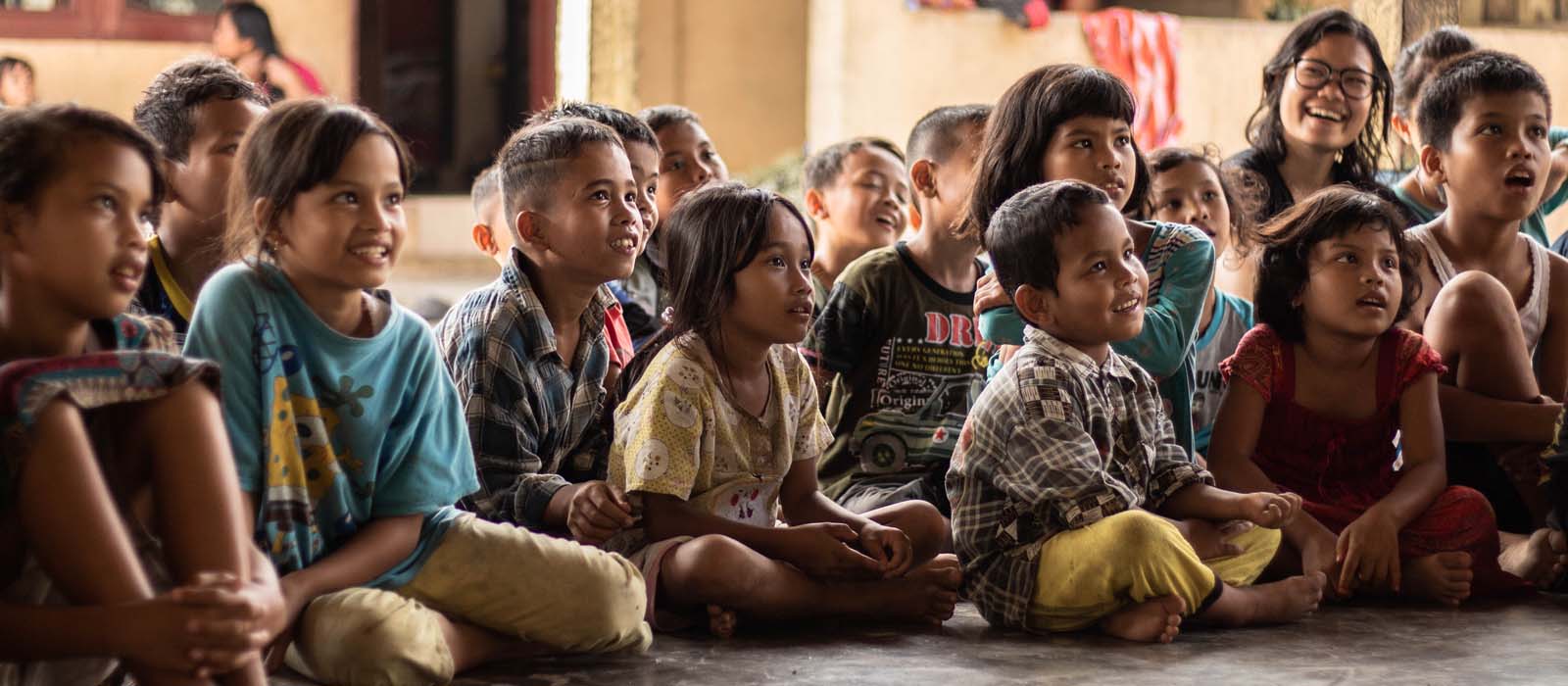About YJL
Youth and Justice Lab is an independent organization that works with the Law and Legal Studies Department at Carleton University in Ottawa, Canada. One of the main goals of Youth and Justice Lab is to connect academic leaders and advocates for rights of the child from across the globe and to work directly with academic organizations and justice systems in the Middle East and North Africa. Furthermore, we are aiming at improving juvenile justice systems and frameworks under the United Nations Convention on the Rights of the Child (1989).


Our Mission
The mission of the Youth and Justice Lab is to promote and advance children and adolescents’ rights (civil, political, economic, social, and cultural) by connecting academic leaders and mobilizing justice systems towards improving children’s wellbeing.
Our Vision
The mission of the Youth and Justice Lab is to promote and advance children and adolescents’ rights (civil, political, economic, social, and cultural) by connecting academic leaders and mobilizing justice systems towards improving children’s wellbeing.


- Researching the needs/problems
- Collaborating with academic leaders with a focus on children
- Negotiation and liaison with justice systems and human rights organizations
- Creating academic content
- Offering solutions and recommendations
About Hossein Raeesi
Mr. Raeesi has practiced Criminal and Human Rights law in Shiraz, Iran for 20 years and served as a board member of the Fars Province Bar Association for two terms. He was the founder and former head of the Human Rights Committee of the Fars Province Bar Association for eight years. He is also the founder of Neday-e Edalat (The Voice of Justice) Legal Association in Shiraz. He is no stranger to teaching aspiring lawyers such as during his tenure as part-time Lecturer at Azad University of Shiraz. He has also taught online classes on issues related to Iranian Islamic law both in Iran and in Canada.
To learn more about Mr. Raeesi, visit his profile page.

